Fair Observer spoke to protesters at the Gaza demonstration in London.
On July 26, over 45,000 people marched in London to protest against the Israeli invasion of Gaza. This was Europe’s largest demonstration so far. Over 1,035 Palestinians and 45 Israelis have lost their lives since the war began. The vast majority of Palestinians killed were civilians, while two Israeli civilians and a Thai laborer died due to rocket fire from the Hamas-controlled Gaza Strip.
Fair Observer interviewed demonstrators in London about their thoughts on the current conflict. Operation Protective Edge, prospects of peace, or the lack thereof, and the protest itself were subjects of discussion. We invite you to share your thoughts and join the conversation.
Mark: “Attacking war with further aggression or the idea of fighting for peace is a misnomer.”
Sarah: “At the end of the day, I think there is no two-state solution — Israel has seen to that, they’ve made it impossible. The solution has to be equal rights for everyone in a single state.”
Chris: “… I am a child of the 1960s when we protested against the Vietnam War — it’s sort of in my DNA to protest.
“… Like all conflicts, in the end, people talk. Look at what happened in Northern Ireland, look what happened in South Africa — in the end, people know that’s what has to happen.”
Ayman: “[I am here] to support Palestine. I also happen to be Palestinian, so it’s an issue that’s especially important to me.
“… History has shown that non-violent protest is more successful than any violent means of achieving anything. Non-violence is the way to go, with protests and BDS, which is boycott, divestment and sanctions. The goal is to make the occupation no longer economically profitable for companies. When the occupation ceases to be economically profitable, then we can have some serious moves toward peace, justice and dignity for the Palestinians.”
Mel: “I find hope in many organizations such Rabbis for Human Rights. I think these people are amazing — people who, despite suffering a lot, are interested in working together, both Palestinians and Israelis.”
The triumph of ‘divisionism’ [is the cause]. The people to blame are those in the positions of power. There has been a failure of diplomacy and negotiation on all sides.
Steve James: “The only way this issue will be solved is via politicians and a political settlement at the end of the day. Violence will create more violence, and that’s what is happening now.
“… But, when you are negotiating, discussing or debating peace for 40-odd years and nothing has happened, and the situation for Palestinians in Gaza has gotten worse and the disproportionate amount of force the Israelis have used over the years, one has to ask: ‘What would I do in that situation?’ I don’t know, personally, but it cannot be violence. It has to be a political solution.”
Latifa: “I am here to voice my opinion. What’s happening in Gaza needs to be shown to the world. Enough of the killing. This is an occupied land. It’s nothing to do with faith — it’s to do with an apartheid state. The world has had enough. Free Palestine!”
Evronia: “I am an Egyptian activist and I am here today to support Palestine, but also to show that freedom to Palestine also starts with the freedom to Egypt … We demand [from the Egyptian government] the opening of the Rafah border.
“… You cannot blame the Palestinians when you take away everything from them and they fire a rocket, and you call them violent. This is called resistance.”
Steve (from Leicester): “The triumph of ‘divisionism’ [is the cause]. The people to blame are those in the positions of power. There has been a failure of diplomacy and negotiation on all sides.”
Sarah (from Kent): “I want the British government to acknowledge their involvement in the conflict. I want them to stand up and actually do something about it, and to stop pretending [the war] is balanced.
“… A lot of Palestinians are involved in non-violent struggle. There is a mass hunger strike but that doesn’t get any recognition in the news when something like this blows up.”
Nasser: “Most importantly, I would like the people of Gaza to see what is going on here: tens of thousands of people out in London and that might give them some comfort in their hour of need.”
Sam: “I think a class-based solution is the way forward for Palestinians — to appeal to the workers of Israel to support them in their struggle. I think the people in Israel are also being suppressed by the situation. They are made to be afraid and divided from the Palestinians.”
Tania: “I have young children and, 30 years down the line, I don’t want them to be faced with any of this [the conflict]. We have to make a change.”
The views expressed in this article are the author’s own and do not necessarily reflect Fair Observer’s editorial policy.
2 comments
Leave a comment
You must be logged in to post a comment.
Support Fair Observer
We rely on your support for our independence, diversity and quality.
For more than 10 years, Fair Observer has been free, fair and independent. No billionaire owns us, no advertisers control us. We are a reader-supported nonprofit. Unlike many other publications, we keep our content free for readers regardless of where they live or whether they can afford to pay. We have no paywalls and no ads.
In the post-truth era of fake news, echo chambers and filter bubbles, we publish a plurality of perspectives from around the world. Anyone can publish with us, but everyone goes through a rigorous editorial process. So, you get fact-checked, well-reasoned content instead of noise.
We publish 2,500+ voices from 90+ countries. We also conduct education and training programs
on subjects ranging from digital media and journalism to writing and critical thinking. This
doesn’t come cheap. Servers, editors, trainers and web developers cost
money.
Please consider supporting us on a regular basis as a recurring donor or a
sustaining member.
Will you support FO’s journalism?
We rely on your support for our independence, diversity and quality.


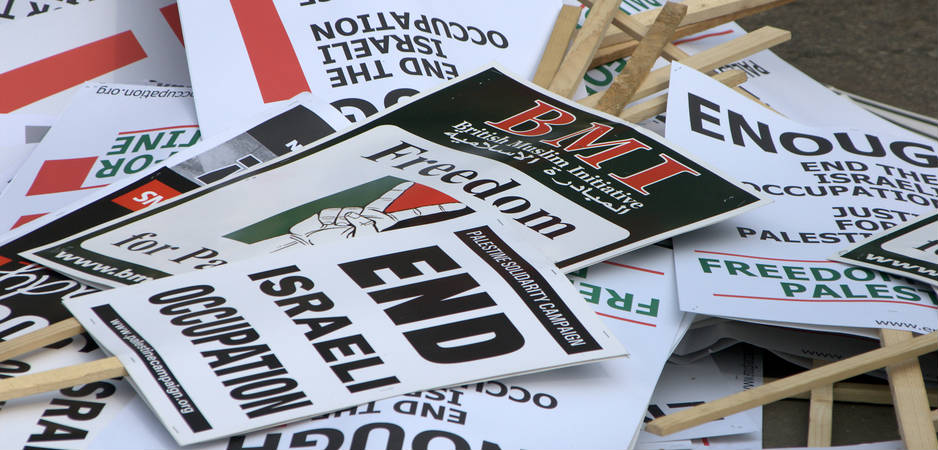
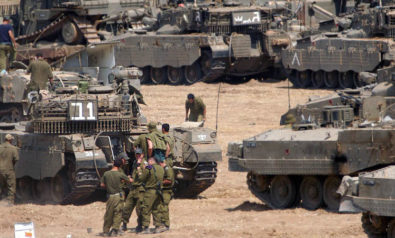
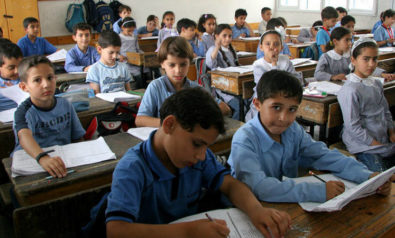

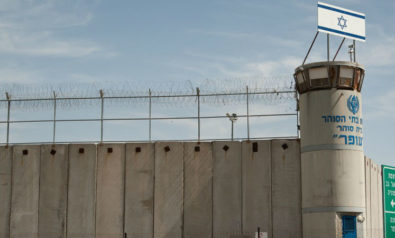
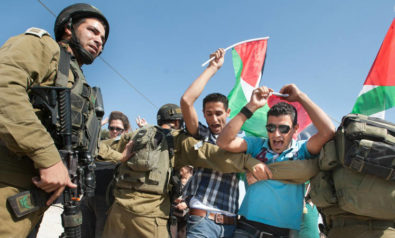
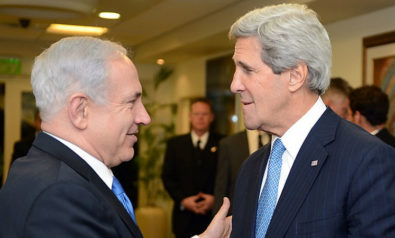
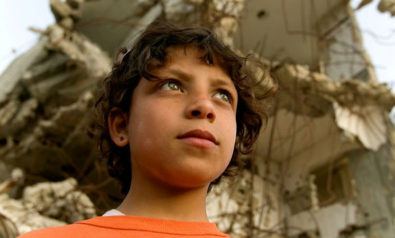

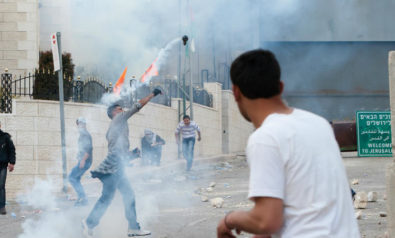
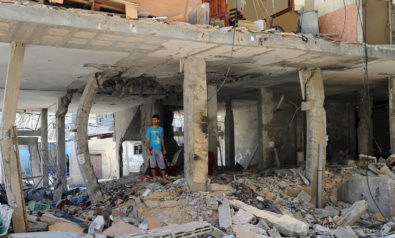
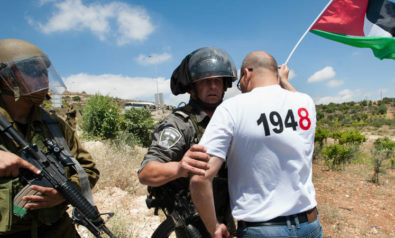
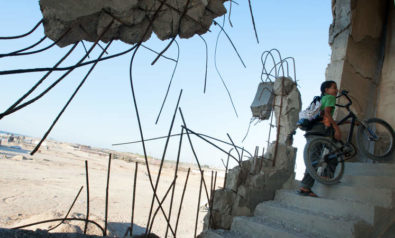

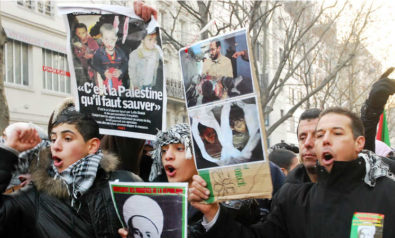
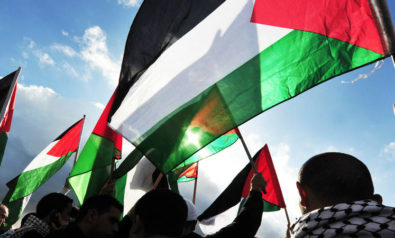

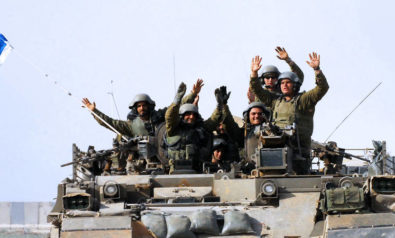
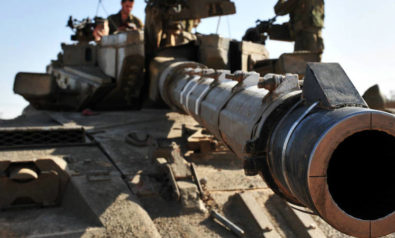
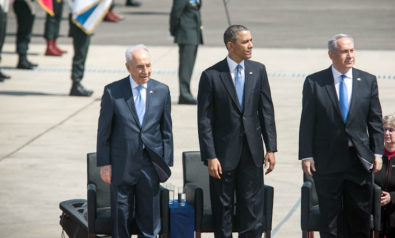
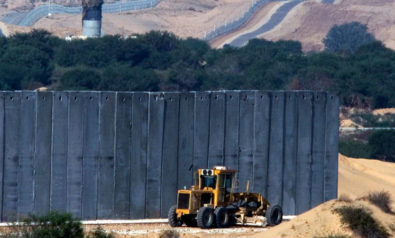
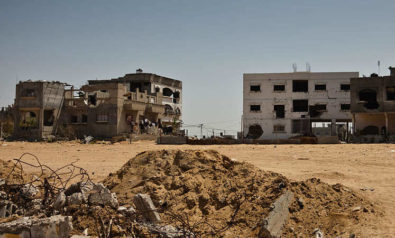

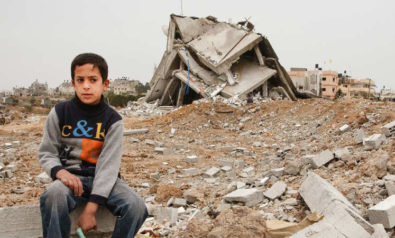
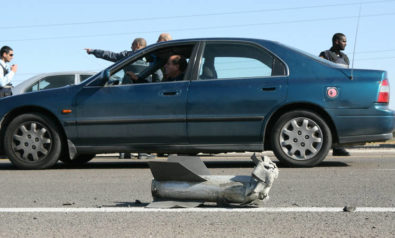
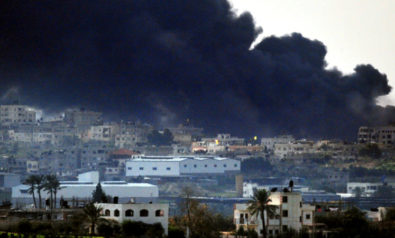
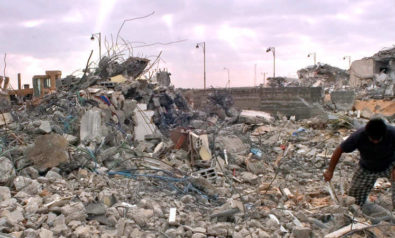
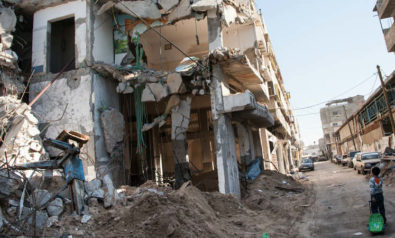
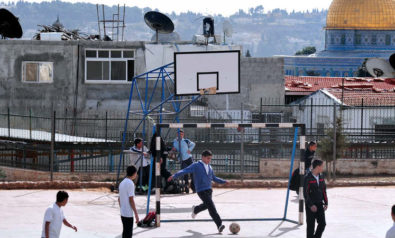

David Charles
July 30, 2014
After decades of safety, relaxed and comfortable as we are today, those of us who grew up during the Blitz, relate immediately, with a certain intimacy, to the victims, particularly the children, who are engulfed and consumed every day by the horrors exploding upon them in the present conflicts in Gaza, Syria, Iraq, Ukraine, and Libya : - simply the starkest acceptance of murder and madness today that politicians seem unwilling to stop. How many bags of oats, body parts or corpses is it going to take to tempt the The Four Horsemen to reign in? Who will stop these massacres? It is impossible for the layman to discover the jockeys, those shady puppeteers who always ensure they remain incognito, but the facemen, their steeds, sired during the time of Blair and Bush are well known as Obama, Netanyahu, Haniyeh and Cameron. with the bits firmly clenched between their teeth, all these mounts on current form would be destined for the knacker's yard of Humanity, were there a spirit called Justice in the universe. The casino called the ballot box, might suggest a punt if you wish to make yourself heard, but please, oh please, no matter your political persuasion, don't let them play the faux democracy card yet again, roll out the standard paragraph platitudes and then tell you that they have a mandate and it's what we voted for (and get stuffed for another four years). I counsel you to not mistake my well earned scepticism as cynicism. At grass roots level, I know that within the electorate, the ignored majority, are of the opinion that the blame for this failure to address the situation in a purposeful and humanitarian manner can be laid at the door of those, nationally and internationally who determinedly fog the issue and continue to pretend on the one hand to promote some Utopia of a multi-cultural society, with no regard to society's inherent social differences, religions, history and geographical environment, while on the other hand, when it suits them, extol the virtues and independence of different cultures. For example,why should, say, the Scots desire to break away be tolerated, indeed celebrated, and the Slavs or the Palestinians be bombed ? Or, why should Israel benefit from an American Patriot shield and not extend a no-fly zone over Gaza, compliments of a couple of American aircraft carriers off the coast. Possibly the fate of the USS Liberty in 1967 provides one explanation. Or how what were then termed rebels in Libya were able to call upon the RAF to bomb their country to democracy. A shining example for aggressors in today's war zones - America and Britain today closed their embassies and advised their compatriots to leave asap. I suggest that the concept of the geopolitical Nation State as engineered by professional career politicians is to blame and the solution to present aggression will only come about if it is turned on its head and emphasis is placed on the legitimacy of ethnic and cultural boundaries. The map of the world cries out to be redrawn. With hindsight and nigh on 80 years at the University of Life, and coincidentally a soldier in BCFK during the Korean armistice, it is unsettling now to sense how Nations drifted into WWI and WW2 and how we are in grave danger of drifting into global war again. Something needs to be done, urgently. The UN needs taking by the scruff of its neck. (The template used by the United Nations in 1950 when BCFK provided what was then the British Commonwealth's contribution at the time needs dusting down, amending to include the participation of China, Russia and others this time and an international 'police' force therefrom sent to create and enforce buffer zones.) Without immediate action, how long does anyone seriously believe that one side or the other in one of these conflicts will not use nuclear weapons? Without the full scale intervention of the major nations the world will become a cinder. Apocalypse awaits. Diplomacy cannot be relied upon. We have no Diplomats ! Witness the intemperate language today of our Ambassador to the USA and the crude attempt to divert opprobrium on Putin in a different sphere entirely. We shall rattle the sabres and send an armoured column to Poland no less, with no mention that it was the West's attempts to coerce Ukraine into joining Nato that started that particular merry-go-round. Yes, I know an innocent civilian airliner has since been shot down and I do fervently hope the guilty one's will be punished. To round this off, there are doubts of course about the manner in which the present "democratic" government in Kiev was installed and the USA's role then. Anyhow, the indisputable fact is that children and innocent civilians continue to be maimed and die. Pictures will be harder to come by now as Israel obliterated Gaza's news facilities last night, along with incinerating hundreds of people. Ironic, coming from a people whose forbears suffered Auschwitz and who gained the admiration of the world for their fortitude. I am sure that Israeli families feel the pain of all families either side of the divide today and my sympathies and those of my family must be with them too as it is with all the war zones families worldwide. Any ceasefire will only last as long as the next one for sadly the seeds of bitterness have been so widely sown. The question is not who is to blame but what can be done ? At the very least the powers that be should disband the PR/media dept, stop the claptrap, abandon all thoughts of commercial sanctions, which will not work but will simply act as a provocation and apply all their energies into formulating a strike force for peace. These thoughts bring to mind a certain inevitability of passage of time, expressed in the words, "And so, to the end of history, murder shall breed murder, always in the name of right and honour and peace, until the gods are tired of blood and create a race that can understand. ~George Bernard Shaw, " We do not have the time to wait for the gods but have no wish to see the end of history, do we ? --------------------------------------------------------------------------------------------------------------------------------------------------------
martin cooper
July 28, 2014
The British media, and in particular the BBC almost ignored this protest completely. And yet being there I realised how very big and how very passionate this march was. I have finally totally lost faith in the BBC as an unbiased news organisation. Please continue this important journalism. I will be making a contribution. Thank you, Martin.